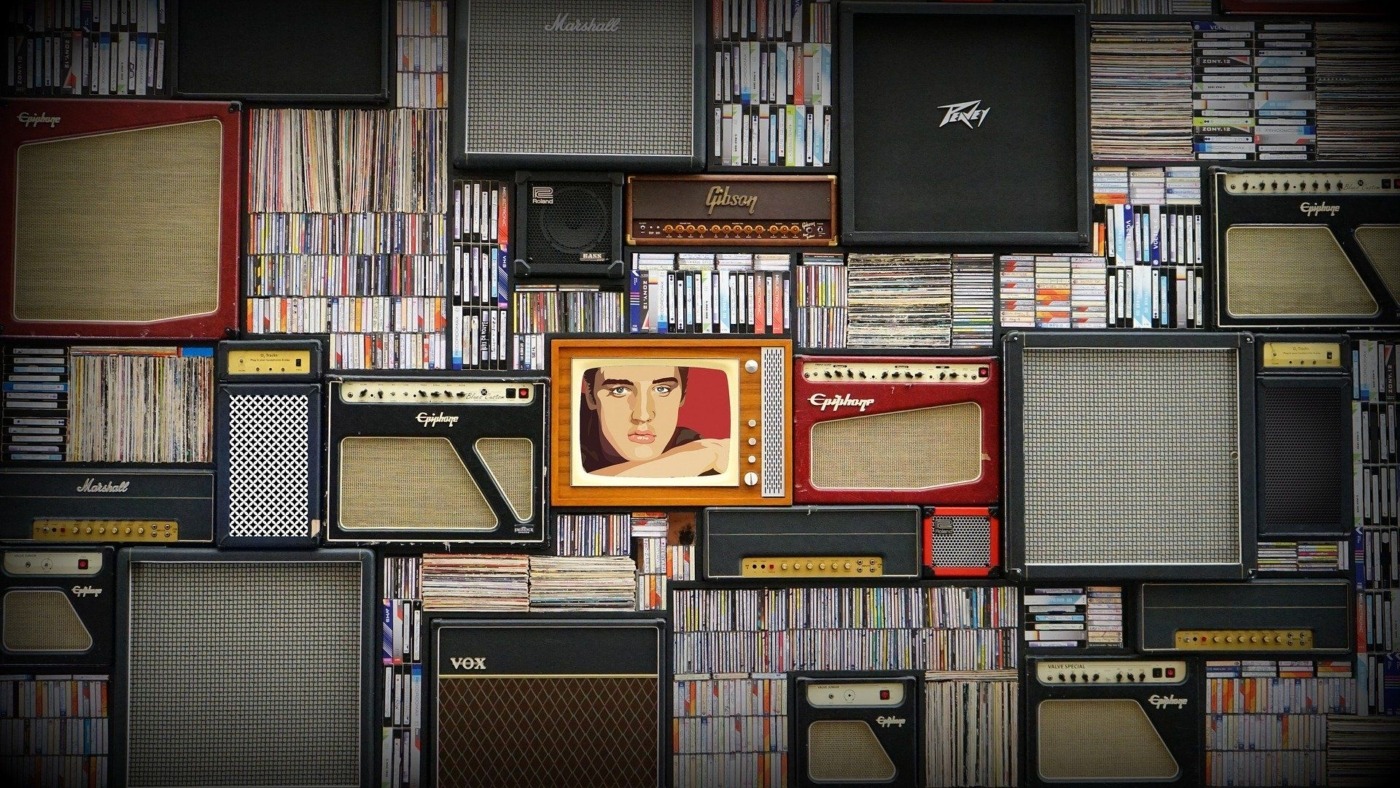Can we really separate the music from the artist?
There are few stories circulated in music more than the brilliant artist who turns out to be a vile person. Now more than ever, a number of high-profile cases of musicians who either have committed a crime or done wrong in the past, is rightfully being brought to the surface of people’s attention.
The behavior of musicians should not just be limited to these cases. There are many who have made outspokenly racist or sexist remarks, committed minor crimes, and others that are just plain nasty. I am not suggesting that everyone drops their favourite artist straight away. But, what I do wonder is where do we draw the line? When do a musician’s actions start colouring how people feel about their music?
There are those that defend the idea that the music and artist can live wholly separate from one another. The only thing that should matter when experiencing art is what’s actually going on in the work itself. It is certainly an appealing concept. The thought of being able to listen to some of the best songs ever written without any reminder of who is singing the lyrics is something many people would like, and often do, ascribe to. Yet, the practice of separating the art from the artist is far murkier water than this ideal.
I wonder, where do we draw the line?
There are many instances where the actions of a musician have seen a significant drop in the sales of their records. Chris Brown pleads guilty to domestic abuse in 2009, a case of assault on two men in 2013 and countless other accusations against his name have each time seen a sharp decline in his music sales. At the other end of the scale, people actively don’t listen to Kanye West simply on account of his immense egoism.
The actions of an artist can, and do, shape who listens to their music, severe or not. I’m unequivocally sure that if Kendrick Lamar was arrested for murder tomorrow, it would affect the way people view aspects of his music, especially his lyricism. No matter how good it is, people will stop listening to the artist if they feel their actions are deplorable enough.
But, this does not necessarily mean we should stop listening to every bad individual that thrives in the music industry. There are those that are bad people, who make (for some) good music. Pretty much every artist seems to be on some kind of drug. Whether it be the Rolling Stones, David Bowie, or Snoop Dog, the act of doing drugs deters very few people from listening to their music.
People will stop listening to the artist if they feel their actions are deplorable enough
Simply because they are doing something that’s flawed, doesn’t mean we should stop listening to their music altogether. Musicians make mistakes and apologies have garnered significant popularity in legitimising listening to someone’s music after the action. Even Pharrell Williams apologised after wearing a Native American headdress during a concert, and Justin
Bieber unashamedly has a song called ‘Sorry’. There’s also the issue that if we abstain from all artists that have done wrong, then there’d be very few artists left to listen to.
It would seem like countless artists have a jaded past, or will make a mistake in the future. However, this doesn’t mean we should just reject their art. Instead, it is about drawing a line somewhere. Rock and roll pioneer Chuck Berry had numerous run-ins with the law. As a teen, he was sentenced to reform school for stealing cars and armed robbery. As an adult, he was found guilty of transporting a 14-year-old girl over state lines. Yet, he remains one of the greatest musicians of all time. There is a clear separation between the artist and the music.
Music is subjective. Ultimately, this issue lies in where each of us draws the line. For me, I do believe it is possible to separate the music from the artist. Whether people like to admit it, or not, the majority of us listen to music because it sounds good, not because there is any vested interest – positive or negative – about the person singing it. The music almost takes on its own life upon its creation.
Musicians make mistakes
I think it’s important to remember that musicians are flawed humans just like the rest of us. Idolizing someone doesn’t make them better than they actually are. Music takes on an individual meaning to each of us, so no one else can dictate your personal moral code of when you stop listening to an artist. However, there must be a line. I simply cannot listen to R Kelly or Michael Jackson in the same way following the allegations made against them. Whilst no official convictions were ever made in these cases, the severity of the allegations is enough to tarnish an image enough to put me off of enjoying their content.
What is clear is that artists must be held accountable for their actions. Simply because they are popular does not allow an individual, or industry for that matter, to endorse racism, sexism or any other abhorrent crime. You cannot separate the music from the artist in the sense that their music embodies everything they are. If they weren’t themselves, their music wouldn’t be what it is. But, you can separate the enjoyment of music from the artist. It is only when questions like this are asked, that the music industry can begin to change. Perhaps next time you listen to your favourite song, consider the person behind the noise.

Comments